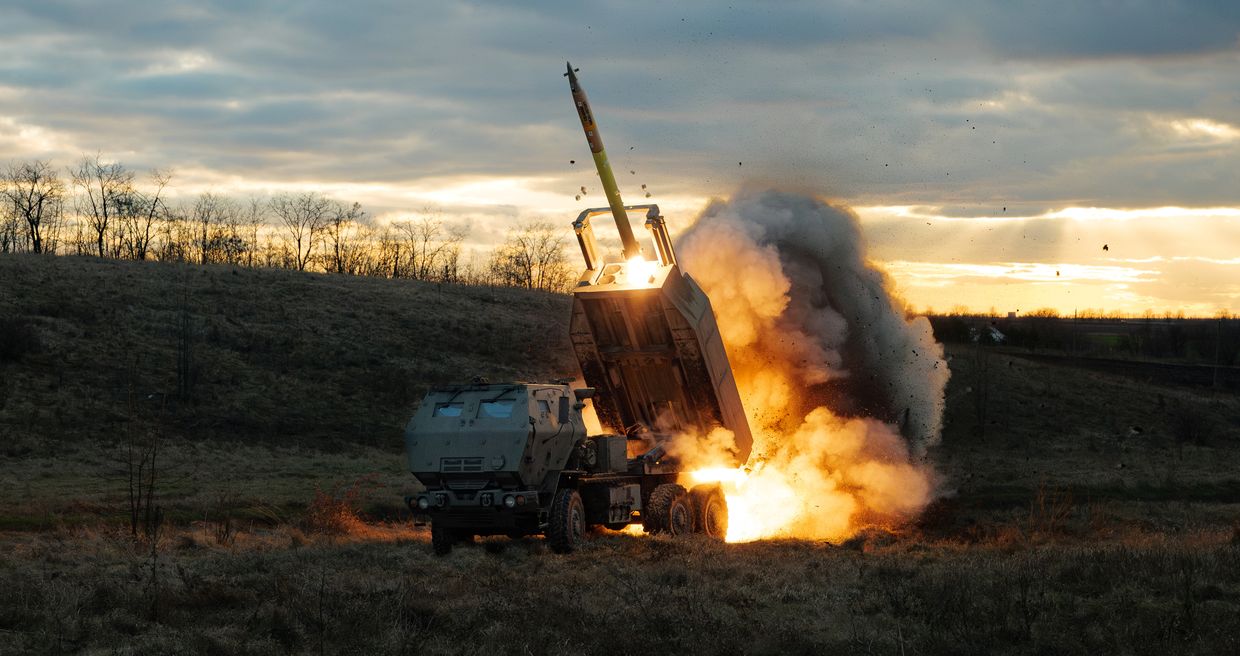Presidential Office confirms Washington allowed Kyiv to strike inside Russia with US arms near Kharkiv

The U.S. gave Ukraine permission to use American-supplied weapons to strike targets in Russia located near the border with Kharkiv Oblast, President Volodymyr Zelensky's spokesperson, Serhii Nykyforov, confirmed for the Kyiv Independent on May 31.
Washington still prohibits Ukraine from using ATACMS and other long-range U.S.-supplied weapons for strikes deeper inside Russia, U.S. officials said.
Moscow launched a new offensive on May 10 in Kharkiv Oblast. While the Ukrainian military said it has managed to largely stabilize the situation, Russia has continued to launch attacks at the city of Kharkiv and surrounding area.
Citing unnamed American officials, Politico reported on May 30 that President Joe Biden's administration had given the go-ahead for Kyiv to attack targets inside Russia but "solely near the area of Kharkiv." The report was then confirmed by other outlets, including ABC News and the Associated Press (AP).
Nykyforov previously welcomed this move in an interview with the Guardian, published on May 31.
"It will significantly boost our ability to counter Russian attempts to mass across the border," Nykyforov told The Guardian in answer to the question about permission from the U.S. to strike on Russian soil.
The Biden administration's decision allows Ukraine to use U.S.-provided weapons to strike Russian soldiers and command, as well as control centers, the Guardian said.
The Pentagon, in contrast, insisted on May 30 that there has been "no change" in policy regarding the use of U.S. arms without specifically mentioning attacks near Kharkiv Oblast.
Zelensky wanted to use long-range weapons such as the British-made Storm Shadow missiles, but the U.K. had not given "100% permission" to do so, according to the media outlet.
The Ukrainian president suggests the U.K. is waiting for the White House's decision. But the recent American shift is unlikely to change the position either, The Guardian said.
"We raised this issue twice. We did not get confirmation from him (David Cameron, the foreign secretary)," Zelensky said, adding that the final decision by the U.K. and other states will depend on the "consensus," including the crucial position of the U.S.











